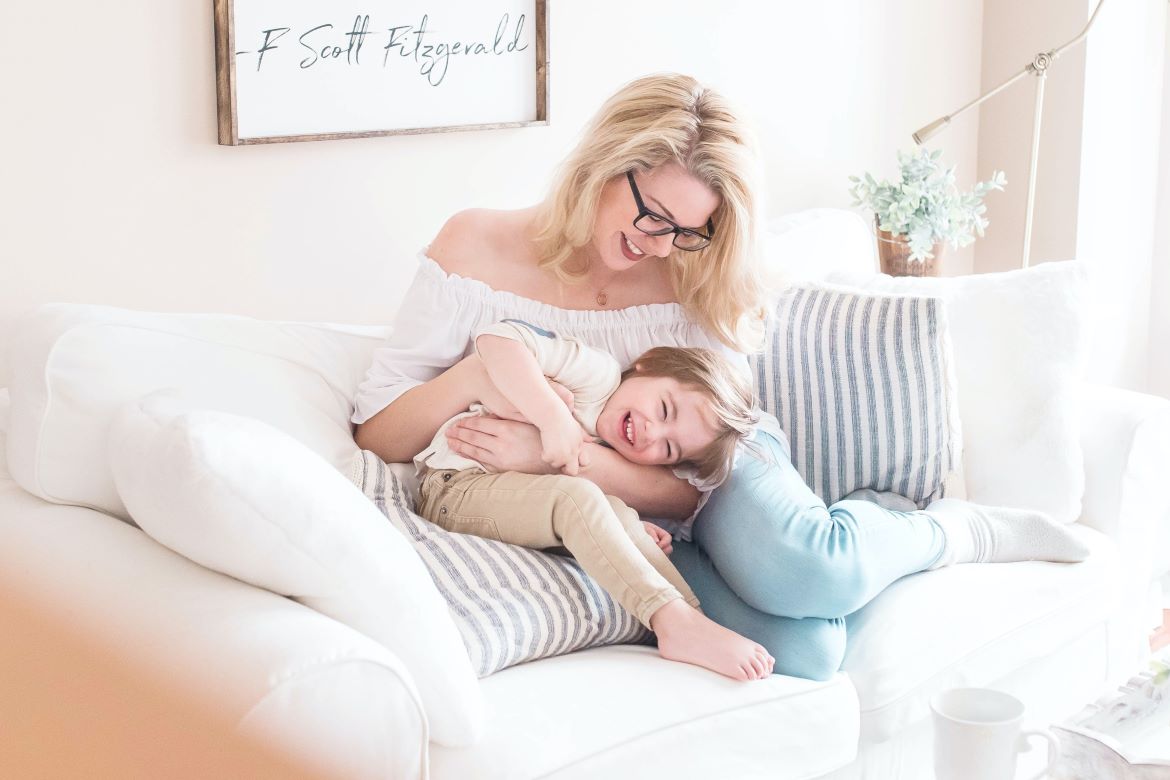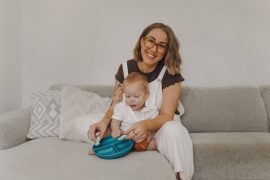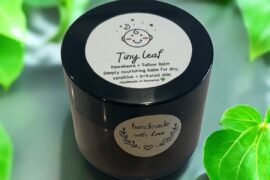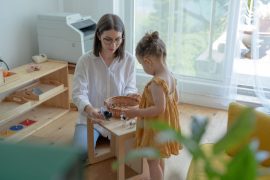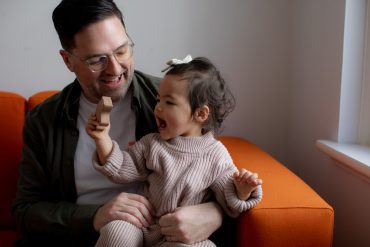By Julia Williamson
Babies and children sense when a parent is depressed, anxious or angry and are affected by the parent’s mood. Some spiritual experts say that our children live in the mother’s energetic shroud till the age of 7 and in a healthy relationship, ‘let go’, and bond with the father for the next seven years. Acknowledging that our emotional state affects those around us makes it vital to have ways to deal with life’s daily challenges.
For example, using singing as a tool to self-regulate your emotions (instead of reaching for food, sugar, phones, drugs, alcohol, etc.) to lift you out of a funk, or get an obsessive mind focusing on something constructive, sets a very positive example to your children and teaches them life-long practical tools to deal with their emotions and navigate the ever-changing terrain.
Acknowledging that our emotional state affects those around us makes it vital to have ways to deal with life’s daily challenges.
Recognising I wasn’t happy
Before becoming a mum, I had recognised that I wasn’t really happy. It was like I was flat-lining in a default mode and would pretend I was OK. After having children, I hoped that ‘feeling’ would improve, but it worsened with the extra responsibility, lack of sleep, time for myself and hormone disruption. I had this self-imposed framework that wasn’t even mine, believing I was meant to feel a certain way about things, and if I didn’t, there was something wrong with me.
The ‘feeling’ got so heavy that in my 30s, with two young children, I knew I needed help, and I had to stop pretending that everything was OK because my health was suffering. However, it wasn’t until I started delving into the mental and emotional ‘stuff’ that I realised the unresolved trauma and pain I was carrying from my childhood was causing the physical manifestations of dis-ease in my body and the deep unhappiness I had felt about myself and life.
The healing journey began
I stumbled upon a healing process called Past Age Clearing and Healing by Maggie Landman in 1999, and this process profoundly impacted all areas of my life. Gradually, my volatile relationship with my mother and sister improved over time. I built the inner strength needed to set healthy boundaries with people and developed a good dialogue when relating to my children. One of the most effective skills I developed was being aware of not projecting my judgments onto the kids but validating their feelings and seeing things from their point of view, so we could talk about what is best for everyone. I didn’t learn these things growing up; it took time to learn and embody being this way. In my childhood, I was often met with impatience and judgment, and I have had to learn to be patient with myself and keep clearing any niggly judgments that still arise to this day 24 years later. When faced with motherhood, it is natural to repeat what we have learnt. Our parents did their best job back then, and we will do the same now. The key is cultivating a loving relationship with yourself because you are the best example for your kids; this is our most important work as mothers.
I built the inner strength needed to set healthy boundaries with people and developed a good dialogue when relating to my children.
Stop caring what others think
Clearing self-judgment helped me heal the excruciating self-consciousness and fears around speaking up, sharing my feelings and singing in front of others. This allowed me to follow my creative path, which is where true happiness resides. We must STOP caring what others think and get on with creating a life WE love, and this can only happen when we listen to our inner guidance and take inspired action. We don’t have to be perfect, and I made many mistakes in my life and parenting my kids. The one thing I know I did right was to follow my heart when it came to singing. I felt massive fear but did it anyway, and I began singing professionally when my children were toddlers. Singing brought so much joy into the house and was contagious. The kids wanted to learn to play instruments and naturally sang around the house, following my lead. As they grew and became teenagers, we would sing 3-part harmonies while doing menial tasks around the house. It just became spontaneous. I encouraged mistakes, and hitting a wrong note was never mocked because we were all exploring our voices. Maddy and Joel are now excellent singers and confident speakers in social and professional settings.

